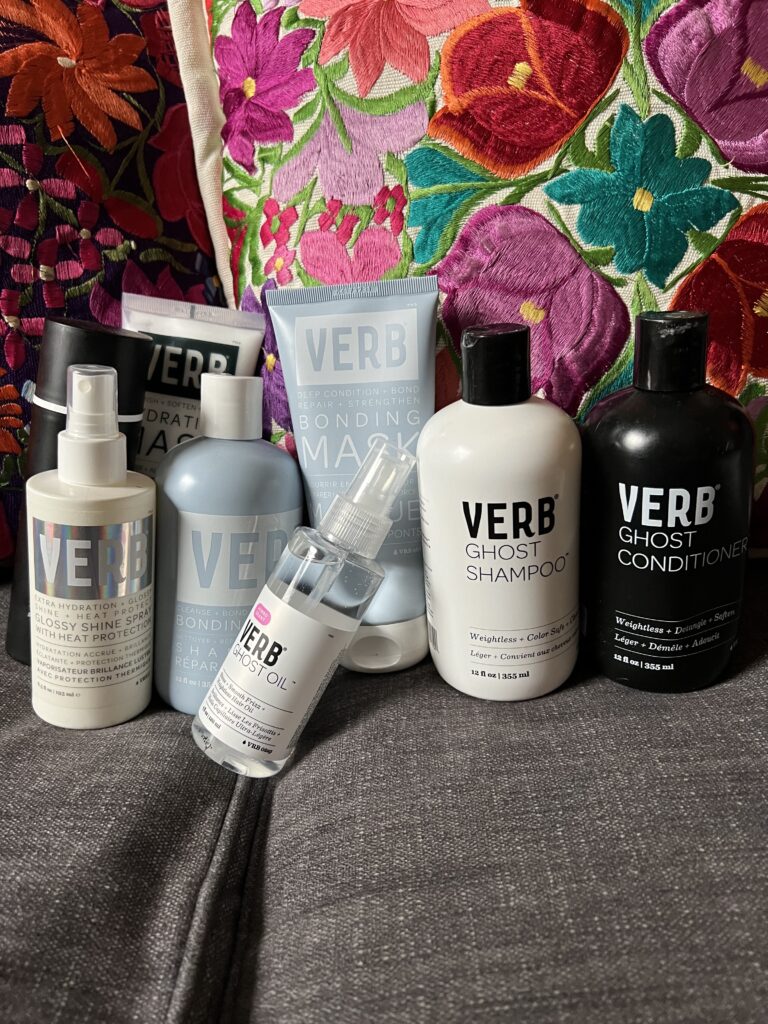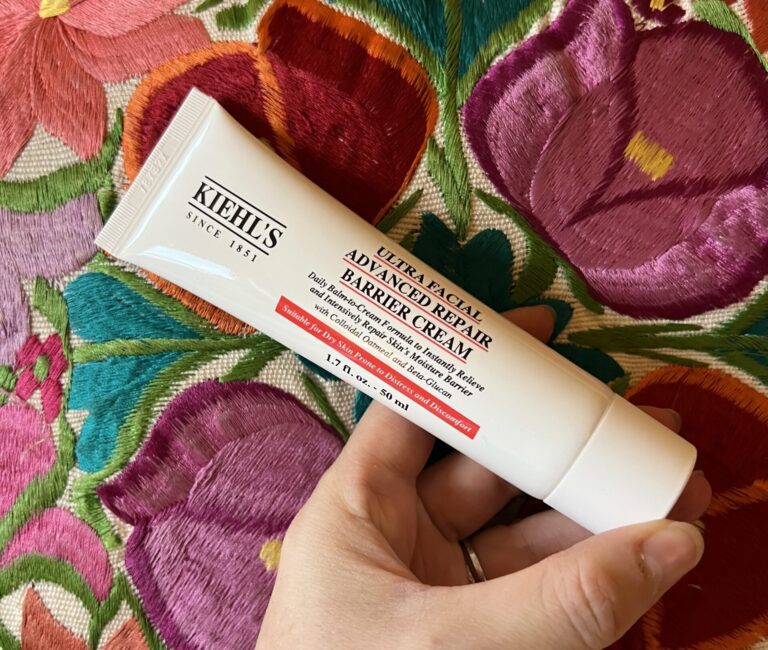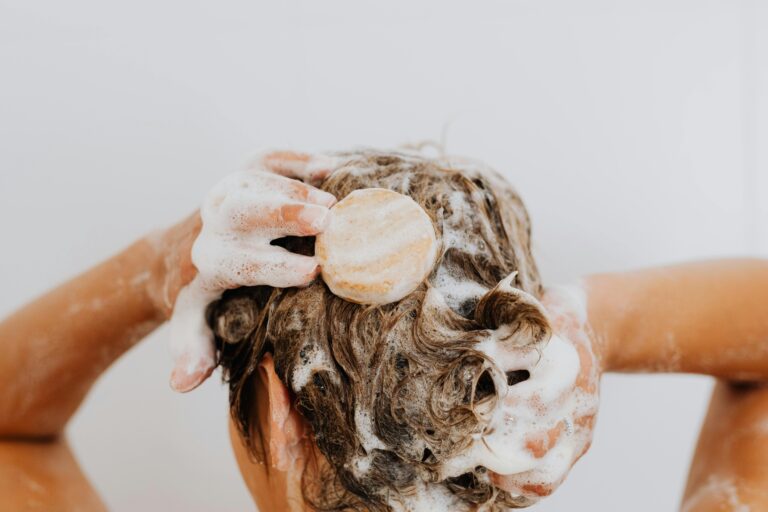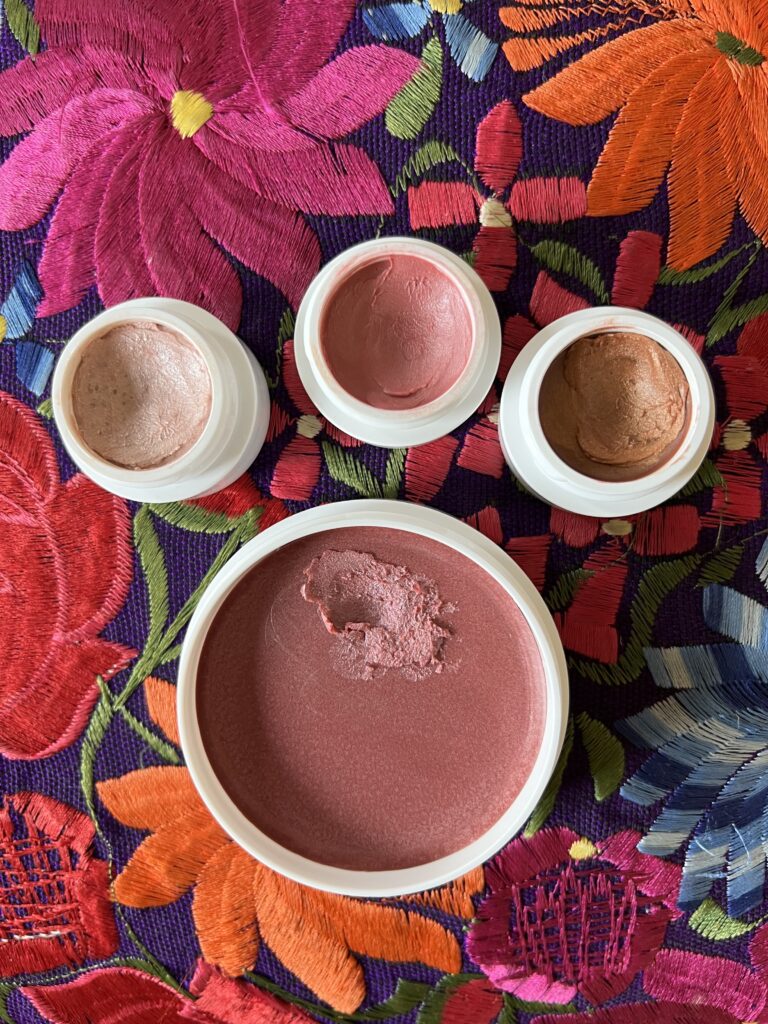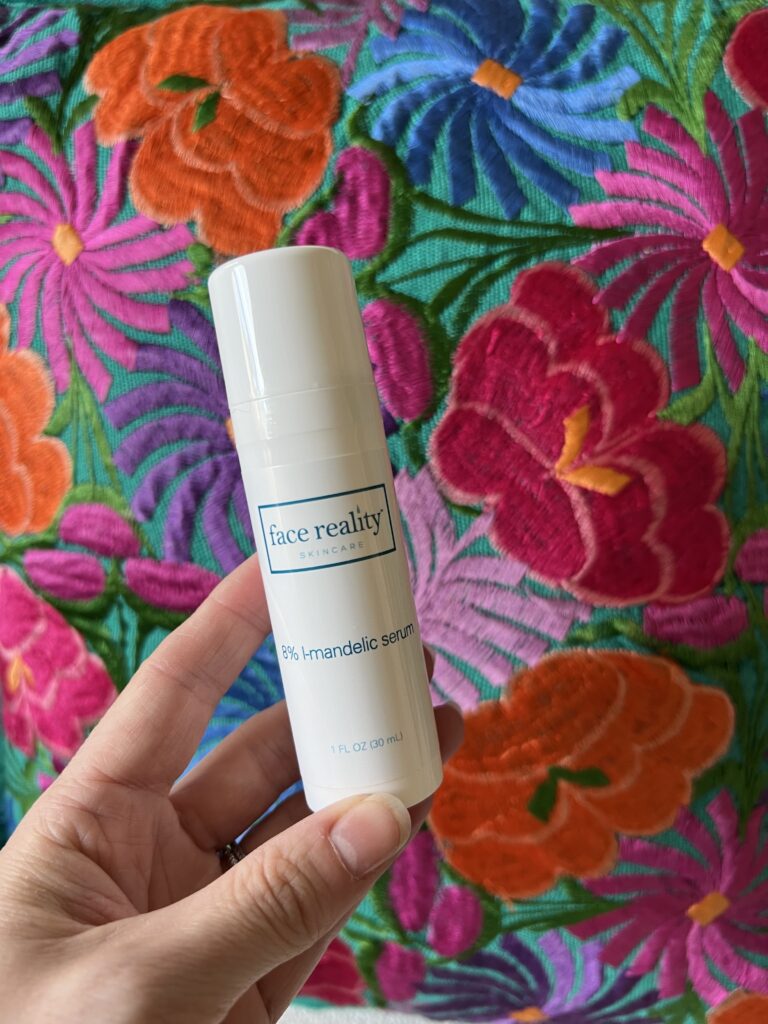Follow These 3 Steps for a Beginner Basic Skincare Routine That’ll Have You Glowing
Taking care of your skin is one of the best ways to show yourself love. Doing so allows you to practice mindfulness while also providing you the space to feel beautiful and comfortable in your skin. Moreover, the benefits of consistently following a beginner basic skincare routine abound. This is especially true if you have combination skin or dry, acne-prone skin. (As a note, combination skin usually has an oily T-zone, which is made up of your forehead, nose, and chin.)
A good skincare routine can make your skin look and feel amazing. That said, starting a skincare routine may seem intimidating—especially with all the different skincare products available today. That’s why building a basic skincare routine is perfect for beginners.
To be sure, a skin care routine doesn’t have to be 10 steps in order to be effective. In fact, I once cut down my skincare routine to just two steps—cleansing and sun protection—and my skin looked great. Most dermatologists and estheticians will advise that all you really have to do in a skincare routine is make sure your face is clean, moisturized, and protected from the sun. Those really are the three basic steps for a healthy skin barrier.
To that end, we’re sharing a beginner basic skincare routine that couldn’t get any more bare bones.
The Best Beginner Basic Skincare Routine
Step 1: Cleanse your face.
Whether or not you’ve realized it, there’s a ton of grime, dirt, and oil that builds up on your face over the course of a day. Leaving those substances on your skin will almost certainly result in a breakout and may also lead to premature aging. While you don’t have to get the world’s most lavish facial cleanser, cleansing your skin is critical. Truth is, you should be washing your face every night as well as post-sweaty workouts. If you don’t, it’s almost a given that you’ll have excess oil on your skin. And as the acne-prone girlies know, that is unideal.
Not sure where to start shopping for a cleanser? Fret not! As a beauty buff, I’ve experimented with tons of skincare products—cleansers notwithstanding. I’ve tried at least a dozen cleansers, including:
- La Roche-Posay Toleriane Purifying Foaming Facial Cleanser
- Pacifica Kale Detox Deep Cleansing Face Wash
- Pixi Beauty Hydrating Milky Cleanser
- Garnier SkinActive Micellar Water
My all-time favorite, though, is the ever-affordable and super-gentle CeraVe Hydrating Facial Cleanser. I’ve been using this since 2018 due to a recommendation from esthetician Tiara Willis. This is honestly hard to beat for the price, and it’s suitable for all skin types.
I have a couple of things to note here. Firstly, the cleansers I’ve tried don’t address any particular issues. I don’t have a skin type that’s easily irritated, so the picks above may not work for you if you have specific skin concerns.
With that in mind, I’d recommend Paula’s Choice Calm Ultra-Gentle Cleanser for folks with sensitive skin. For acne-prone skin, it doesn’t get better than The INKEY List’s Salicylic Acid Cleanser. And for the people whose skin skews dry, The Ordinary Squalane Cleanser works moisturizing wonders.
And here’s my second note: I use the micellar water to remove makeup or as a replacement for my cleanser when I’m feeling too tired or sleepy to wash my face. I have tried to completely ditch my cleanser and just use micellar water, but I find that it doesn’t cleanse as well as I’d like. I feel like it leaves too many of my skin’s natural oils and dead skin cells. This is what’s referred to as double cleansing. You can use a makeup-removing balm or an oil-based cleanser. My suggestions? Farmacy Makeup Removing Cleansing Balm for the former, and Krave Beauty Skin Re-Wined for the latter.
Step 2: Moisturize your skin.
Though it may seem unnecessary, there are myriad reasons you’d want to moisturize your skin in the morning and at night. From an anti-aging perspective, it helps prevent fine lines and fights wrinkles. If you have dry or oily skin, a good moisturizer can help you get closer to that sweet spot instead of it being too dry or too oily.
Of course, there are some things to consider as you figure out which moisturizer would work best for your skin type. These include, but are not limited to:
- Skin type: Understanding your skin type is the first thing you should do when shopping for a moisturizer. Once you figure out whether your skin is unreactive, combo, oily, dry, or sensitive, you can get a moisturizer that your skin will love.
- Active ingredients: Does the product contain any active ingredients, like hyaluronic acid (which is great for dry skin), retinol (which is fab for anti-aging), or vitamin C (which helps brighten the skin and fights free radicals?)?
- Texture: There are so many different formulations when it comes to moisturizers. That’s why some moisturizers are thicker while others are thinner. The former are best for dry skin and the second best serve oily or sensitive skin.
- Fragrance: If you have really sensitive skin, you’d be wise to ensure that your moisturizer doesn’t contain fragrance. Many times, this can irritate sensitive skin.
If you’re moisturizing before bed, skincare marketing may have misled you to think that you need a night cream—but you don’t. In reality, you can use your moisturizer at night, which’ll be just fine.
Moreover, some moisturizers are formulated with SPF. However, dermatologists and estheticians still recommend using separate sun protection. Likely, we don’t use enough moisturizer to offer proper protection from the sun. (Pro tip: As a general rule, you should be using two fingers’ length worth of sunscreen.)
Step 3: Protect your skin from the sun.
I’ve been a beauty reporter since 2021. In that time, I’ve learned that skincare experts want everyone to know: Wear. Your. Sunscreen. If you don’t protect your skin from the sun, you open yourself up to some serious skin concerns. UV rays are really powerful, and overexposure to them can cause cancer.
Perhaps most significantly, studies have shown that sunscreen reduces the risk of developing skin cancers. Additionally, wearing adequate sun protection helps prevent premature aging. For the record, the American Academy of Dermatology recommends using sunscreen with at least SPF 30. In my experience as a decades-long sunscreen wearer, I’ve realized that putting it on even helps reduce the appearance of acne scars and sun spots.
So here’s the final takeaway: These three steps are all you need for a beginner basic skincare routine. We wanted to make it as simple as possible for you, so we didn’t include intermediate items like toner or serums. Because all you really need are a cleanser, a moisturizer, and an SPF. Remember, consistency is key, so stick to this for at least a few months to see a bigger difference.
